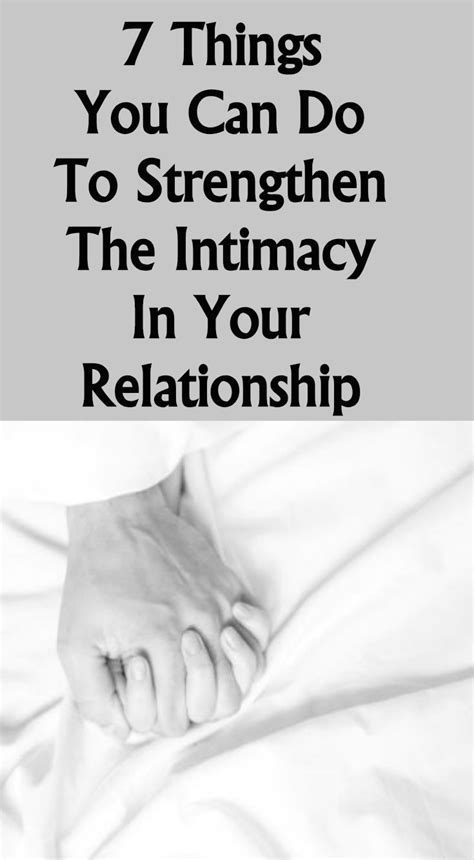The Unspoken Code: Masculinity and Emotional Restraint
For centuries, societal norms have sculpted a specific archetype of masculinity: strong, stoic, resilient, and, crucially, emotionally reserved. From a young age, boys are often taught to “man up,” “don’t cry,” or “be tough,” subtly or overtly communicating that displaying emotions, particularly those perceived as weak or feminine, is unacceptable. This unspoken code establishes an “iron cage” of emotional restraint, profoundly influencing how men navigate vulnerability within their most intimate connections.
This conditioning creates a deep-seated fear of judgment, not just from society at large, but from partners and friends, should they dare to peel back their emotional armor. The pressure to conform can be immense, leading many men to internalize the belief that vulnerability equates to weakness, thereby compromising the very foundation of genuine connection.

Impact on Romantic Partnerships: The Wall Between Hearts
In romantic partnerships, the inability or unwillingness to express vulnerability can erect significant barriers. A healthy relationship thrives on mutual trust, open communication, and shared emotional intimacy. When men feel compelled to hide their fears, anxieties, or deeper feelings, their partners may perceive them as distant, unengaged, or emotionally unavailable. This can lead to a cycle of frustration and misunderstanding.
Partners might feel unheard, unvalued, or believe their emotional needs are being ignored, not realizing that their male partner might be struggling with how to articulate his own. This emotional disconnect can erode trust, foster resentment, and ultimately weaken the bond that underpins a thriving romantic relationship. The courage to be vulnerable allows for deeper empathy, mutual understanding, and a more profound sense of connection.
The Shallowness of Male Friendships: A Missed Opportunity for Support
Societal expectations also shape the dynamics of male friendships. Traditional male camaraderie often revolves around shared activities, humor, or professional networking, rather than deep emotional disclosure. While these friendships provide camaraderie and support, they can often lack the emotional depth that allows men to truly lean on each other during times of crisis or personal struggle.

The fear of being perceived as “less masculine” or “complaining” can prevent men from sharing their vulnerabilities with their friends, leading to a sense of isolation even within a group. This lack of emotional outlets can have serious consequences, as men may miss out on crucial peer support systems that could aid in mental health and overall well-being. Authentic friendship requires reciprocal emotional sharing, which societal norms often discourage among men.
The Personal Cost: Mental Health and Emotional Burden
The continuous suppression of vulnerability comes at a significant personal cost. Men are often at a higher risk for mental health issues like depression and anxiety, which can go undiagnosed or untreated due to the reluctance to seek help or express distress. The emotional burden of constantly maintaining a facade of strength can lead to chronic stress, burnout, and an inability to cope with life’s challenges in a healthy way.

This emotional repression can also manifest in unhealthy coping mechanisms, such as substance abuse or anger outbursts, further straining relationships. By denying themselves the right to feel and express their full range of emotions, men inadvertently deny themselves access to their own humanity and the deeper connections that vulnerability fosters.
Breaking the Mold: Fostering Authentic Connection
Challenging these deeply ingrained societal expectations is crucial for men to cultivate richer, more fulfilling relationships. This involves a conscious effort to redefine what it means to be a man, emphasizing emotional intelligence, empathy, and the courage to be authentic. Partners and friends can play a vital role by creating safe, non-judgmental spaces where men feel comfortable sharing their true selves.

Encouraging therapy, promoting open dialogue about emotions, and celebrating vulnerability as a strength rather than a weakness can gradually dismantle the old constructs. As men increasingly embrace their full emotional spectrum, they will find that vulnerability is not a liability, but the gateway to profound intimacy, stronger bonds, and a more integrated sense of self.
Conclusion: The Strength in Being Seen
Societal expectations cast a long shadow over men’s expression of vulnerability, often compelling them to don a mask of stoicism. However, the true strength lies not in emotional suppression, but in the courage to be open, honest, and authentic. By challenging outdated norms and fostering environments of acceptance and empathy, men can unlock deeper intimacy in their romantic partnerships and cultivate more meaningful connections within their friendships, leading to healthier relationships and a richer emotional life.




